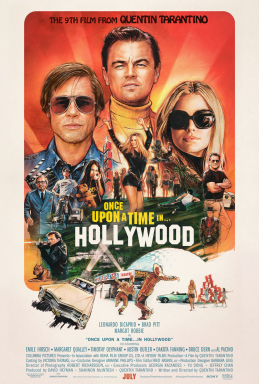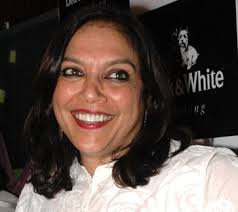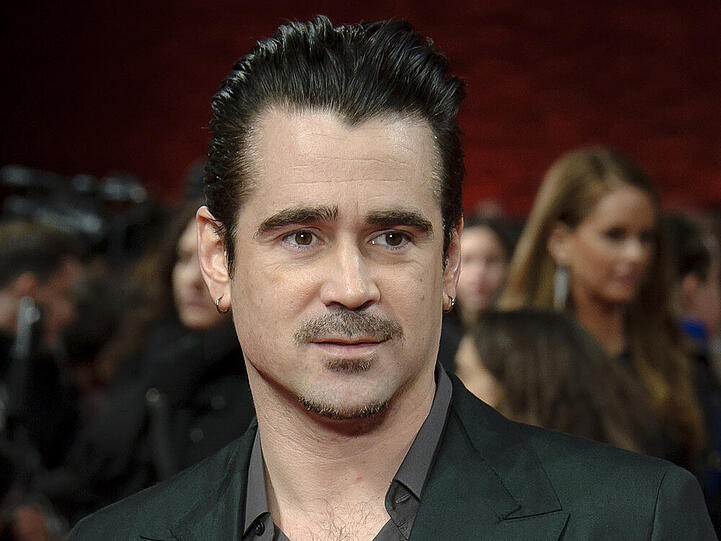
Introduction
Released in 2019, Quentin Tarantino’s ‘Once Upon a Time in Hollywood’ has established itself as a pivotal film, blending nostalgia and creativity to capture the essence of late 1960s Hollywood. The film resonates beyond its storyline, reflecting historical events and highlighting a transformative era in the entertainment industry. Its relevance remains pronounced in contemporary discussions about filmmaking, nostalgia, and cultural trends, making it a topic worth exploring.
Film Synopsis and Reception
‘Once Upon a Time in Hollywood’ tells the story of an actor, Rick Dalton, played by Leonardo DiCaprio, navigating the changing landscape of the film industry alongside his stunt double, Cliff Booth, portrayed by Brad Pitt. The movie is replete with notable cameos and references, connecting past and present cinematic icons. Upon its release, it received critical acclaim, securing ten Academy Award nominations and winning two—Best Supporting Actor for Brad Pitt and Best Production Design.
Preserving Cultural Memory
One of the film’s most commendable achievements is its commitment to preserving the cultural memory of a bygone era. By subverting historical events, particularly the Manson Family murders, Tarantino crafts an alternate reality that invites viewers to reflect on the fragility of history and the impact of celebrity culture. The film serves not just as entertainment but as a commentary on how narratives are constructed in Hollywood, eliciting discussions on authenticity and fictionalisation in the industry.
Impact on Modern Cinema
The film has had a substantial impact on modern cinema, leading audiences and critics to reassess the aesthetics of storytelling in film. Its unique blend of genres, from comedy to drama, exemplifies Tarantino’s signature style and has influenced emerging filmmakers to take bolder risks in their narratives. As more filmmakers draw inspiration from the film’s nostalgic references and stylistic choices, ‘Once Upon a Time in Hollywood’ stands as a testament to the enduring power of storytelling.
Conclusion
Overall, ‘Once Upon a Time in Hollywood’ goes beyond its plot to address themes of nostalgia, disruption, and identity within the film industry. As a cultural artefact, it encourages viewers to engage with cinematic history while provoking reflective discussions about the portrayal of reality in film. As Hollywood continues to evolve, the significance of Tarantino’s work will likely resonate for years to come, enriching the ongoing dialogue around cinema, memory, and artistic expression.
You may also like

Brie Larson: A Closer Look at Her Impact in Film

Exploring the Life and Works of Mira Nair
